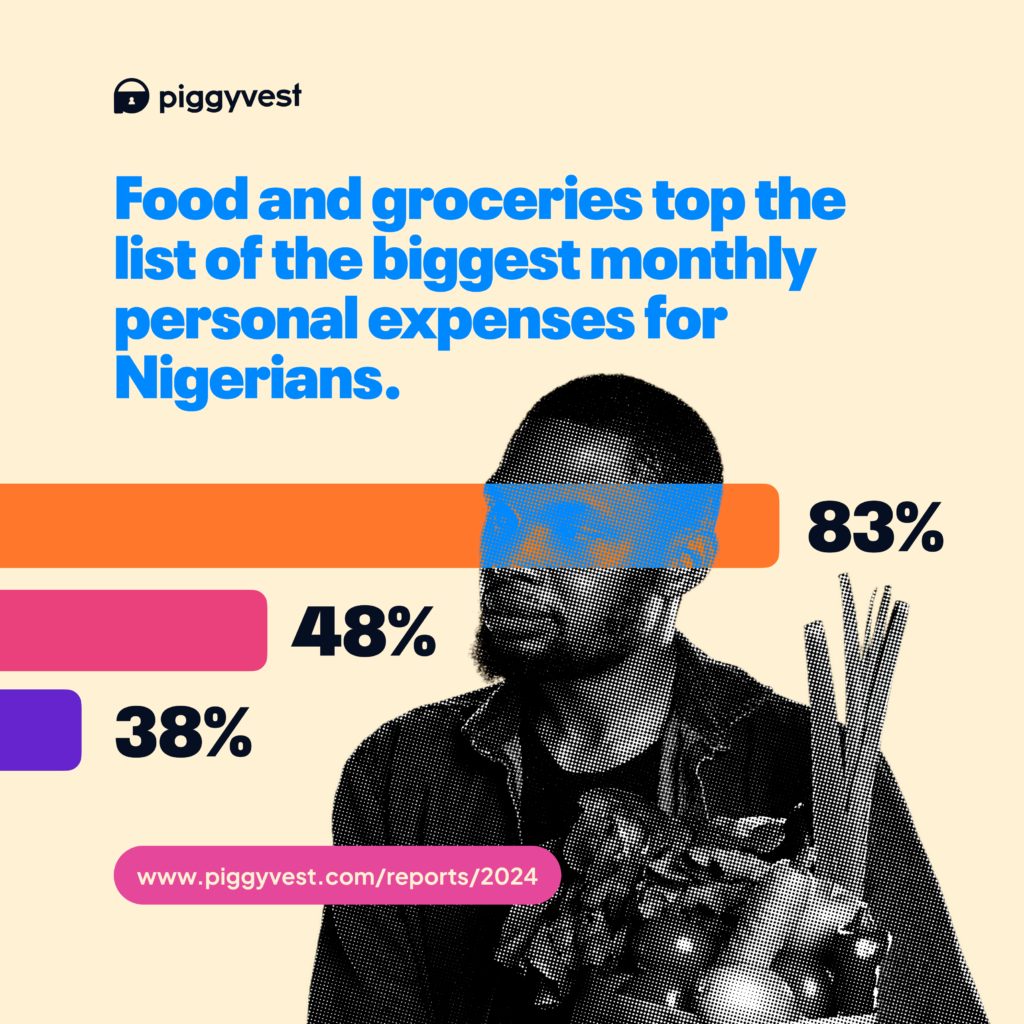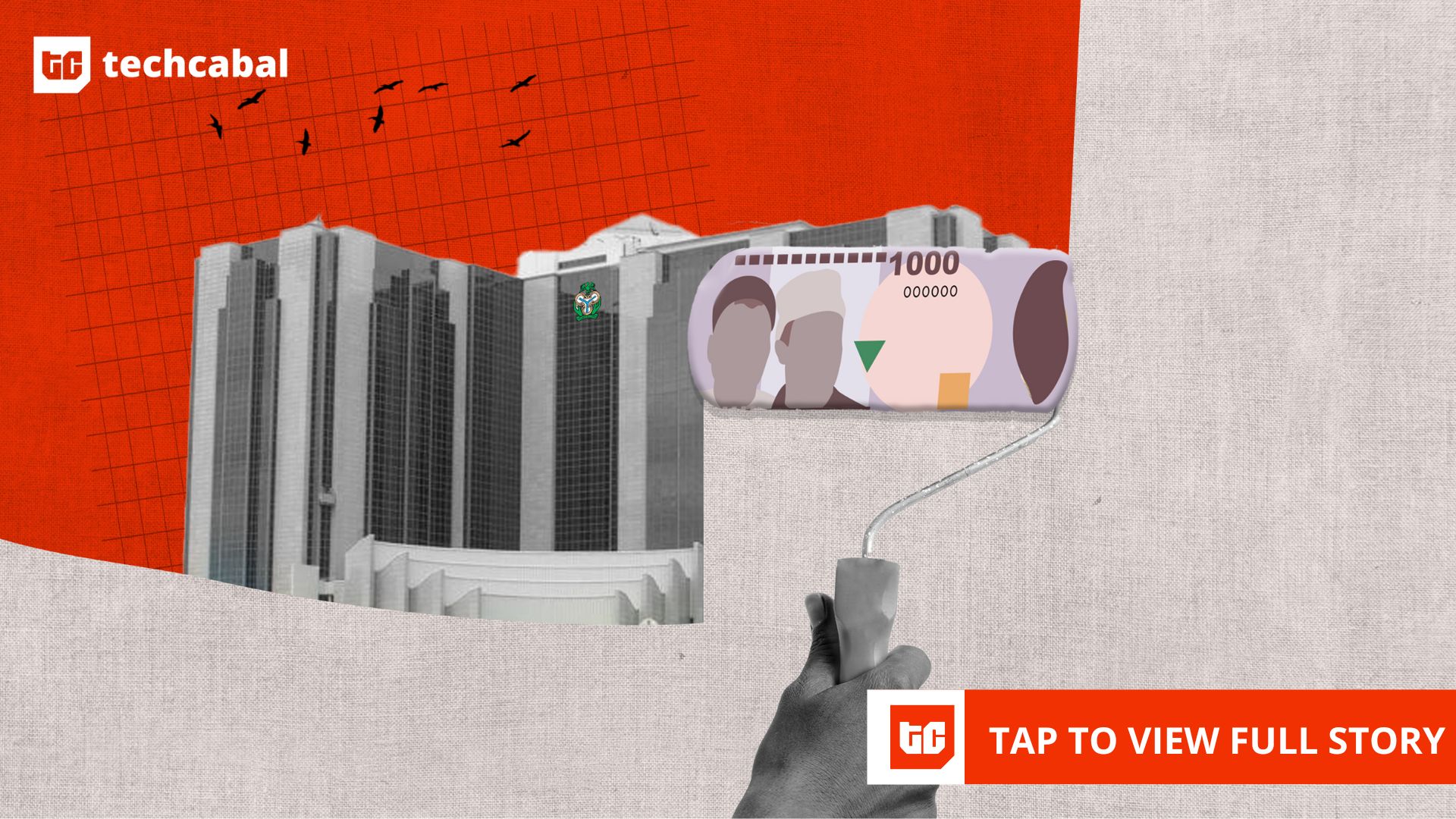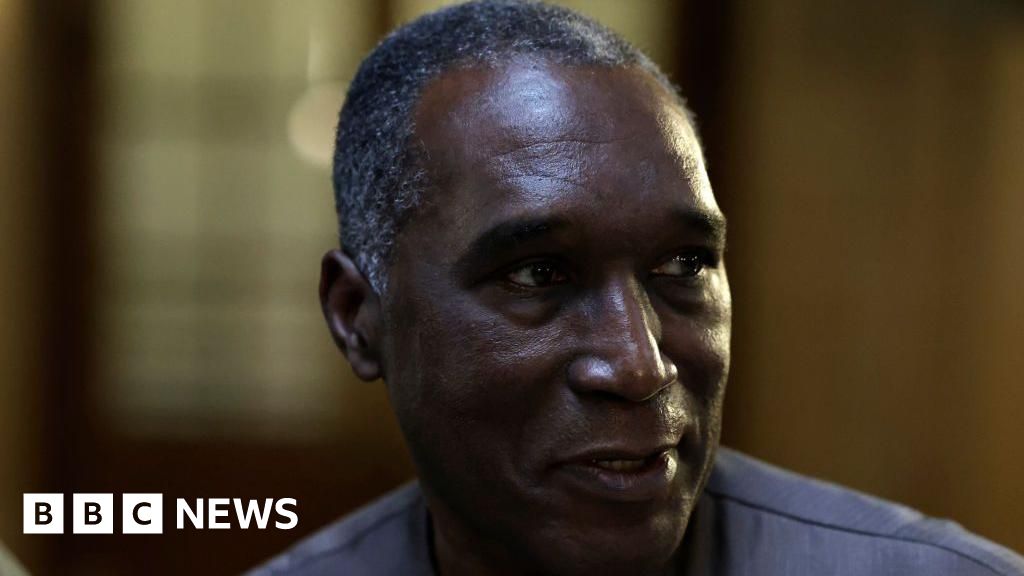Place your adverts here on InfoDig @ low rates; banner ads, sponsored links and guest articles etc. Contact us
New data from savings company Piggyvest confirms that Nigerians’ purchasing power has significantly reduced in the past year.
Nigerians are financially worse off than a year ago across several metrics like income, savings, spending, and emergency funds, as new data from Piggyvest highlights the impact of inflation on Nigerian pockets.
Piggyvest’s report, which surveyed over 10,000 Nigerians, comes as Nigeria’s headline inflation slowed to 32.15% in August 2024, but well above 2023’s peak of 25.08%, largely due to economic reforms under President Tinubu.
This inflationary environment has left sixty-five percent of Nigerians with no income or less than ₦100,000 ($61) monthly—a figure that rises to 86% for those earning below ₦250,000 ($151) monthly.
The number of Nigerians with multiple income sources also dropped by 10% compared to Piggyvest’s 2023 report. “It’s like peanuts these days, earning ₦100,000. I find myself stocking money to get things for myself that I comfortably would if I did so a year ago or two years ago,” a salary earner in Enugu, an Eastern Nigerian city, told Piggyvest.

Given how little the average Nigerian makes monthly, it’s unsurprising that 68% spend less than ₦100,000 each month, highlighting limited disposable income. When monthly expenditure rises to ₦500,000 ($303), only 3% spend above that.
While spending on food has decreased from last year, it remains the largest expense for most Nigerians. Transport costs have now surpassed utilities and bills, ranking second after the removal of fuel subsidies.
The number of Nigerians that save money has fallen from 64% in 2023 to 57%, with 10% of those saving money occasionally. “I used to save, but the increase in school fees, electricity tariffs, and even the cost of fuel has made it very difficult to continue,” a civil servant told Piggyvest.
Emigration, the third most common saving goal on Piggyvest in 2023, has dropped to eighth place this year as two currency devaluations have led the naira to lose nearly 70% of its value against the dollar, significantly increasing travel and relocation costs.
The number of Nigerians with emergency savings fell by 5%, with over two-thirds reporting they have no savings for unplanned expenses without incurring debt. Just 15% of Nigerians increased their savings over the past year, while 19% who had emergency savings no longer do.
“We encourage all who engage with the data and insights from the Piggyvest Savings Report 2024 to make qualitative assessments of the shifts in consumer behaviour and attitudes around spending, saving, entrepreneurship and investing and respond accordingly,” Piggyvest said in a statement.
You can read the report here.

 3 hours ago
27
3 hours ago
27













